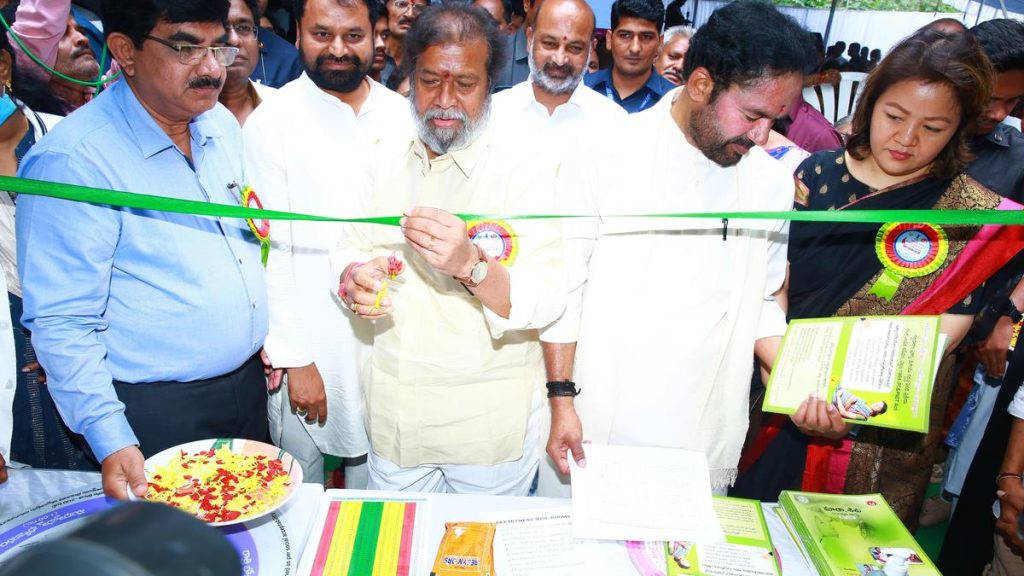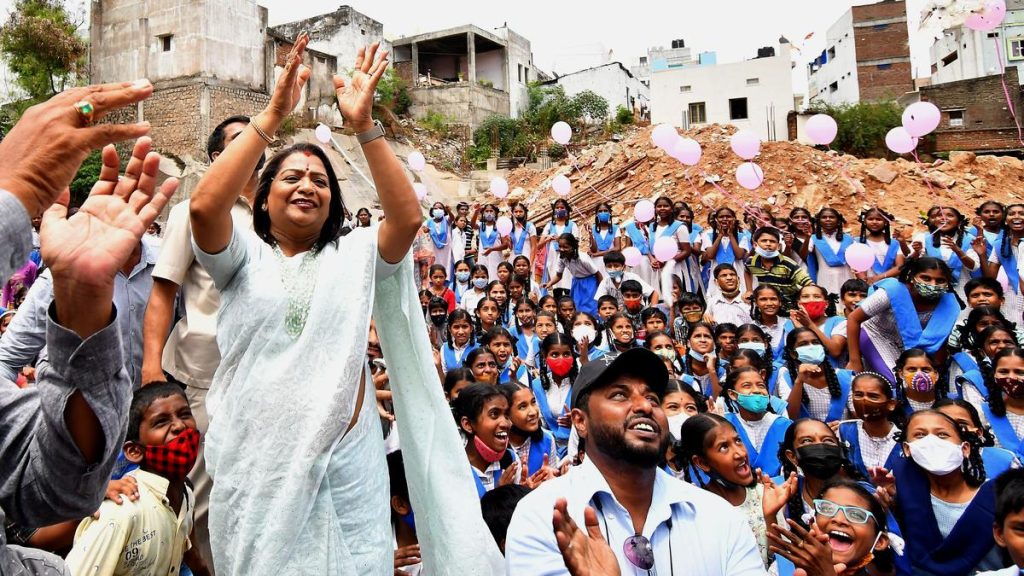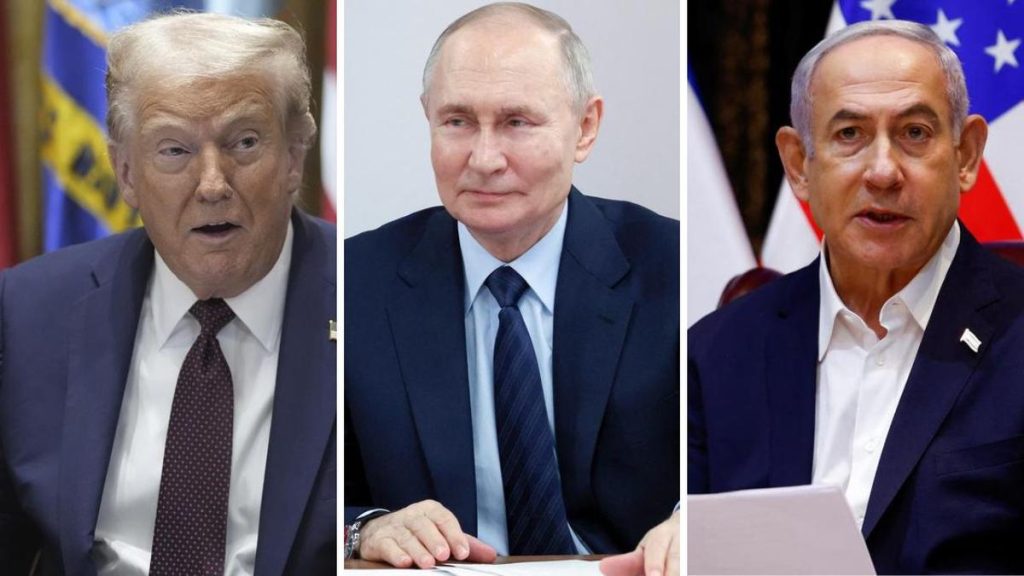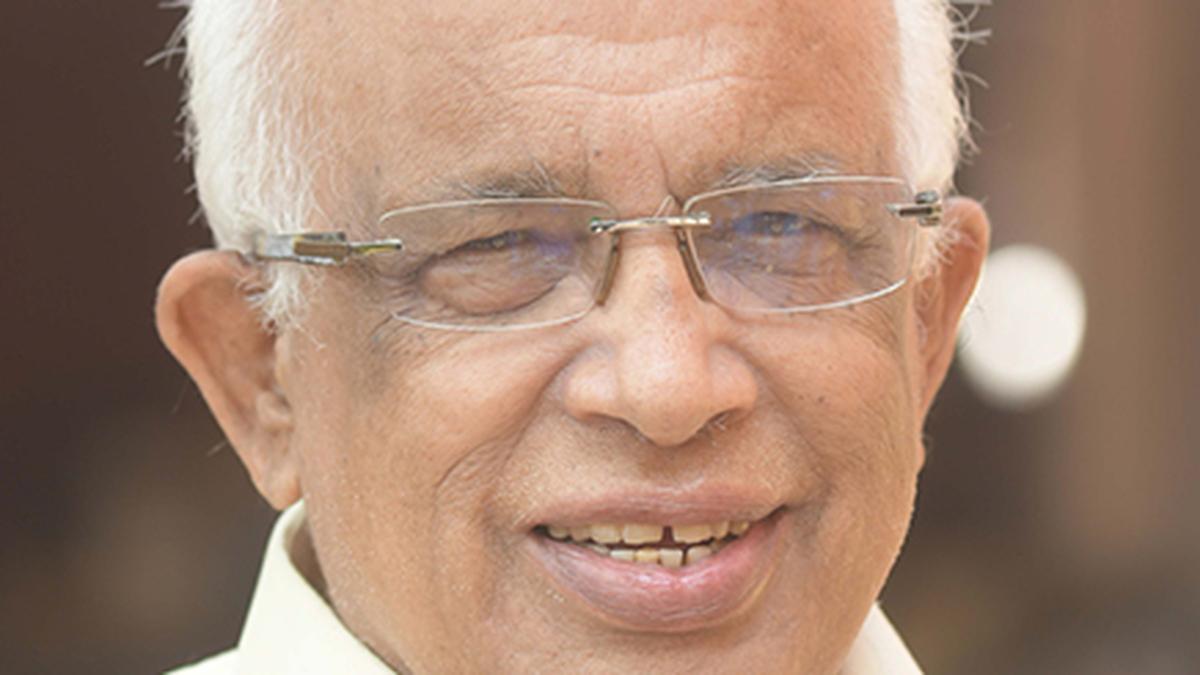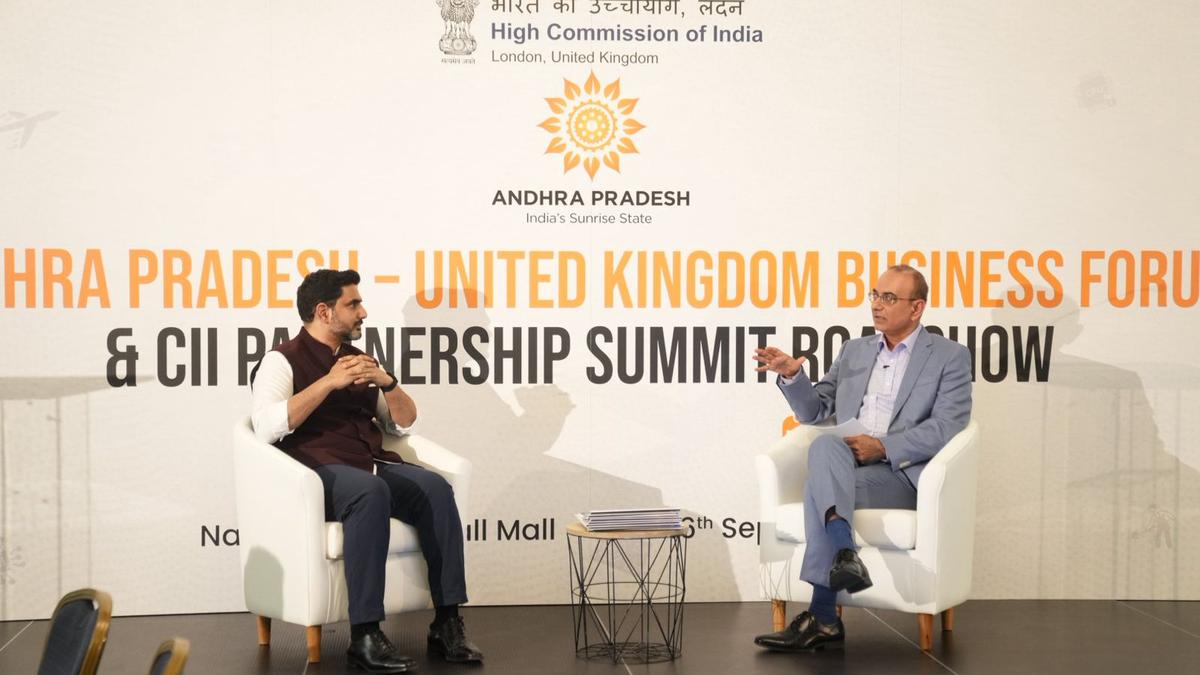Now Reading: EC: Majority of Voters in Most States May Vote Without Documents in SIR
-
01
EC: Majority of Voters in Most States May Vote Without Documents in SIR
EC: Majority of Voters in Most States May Vote Without Documents in SIR
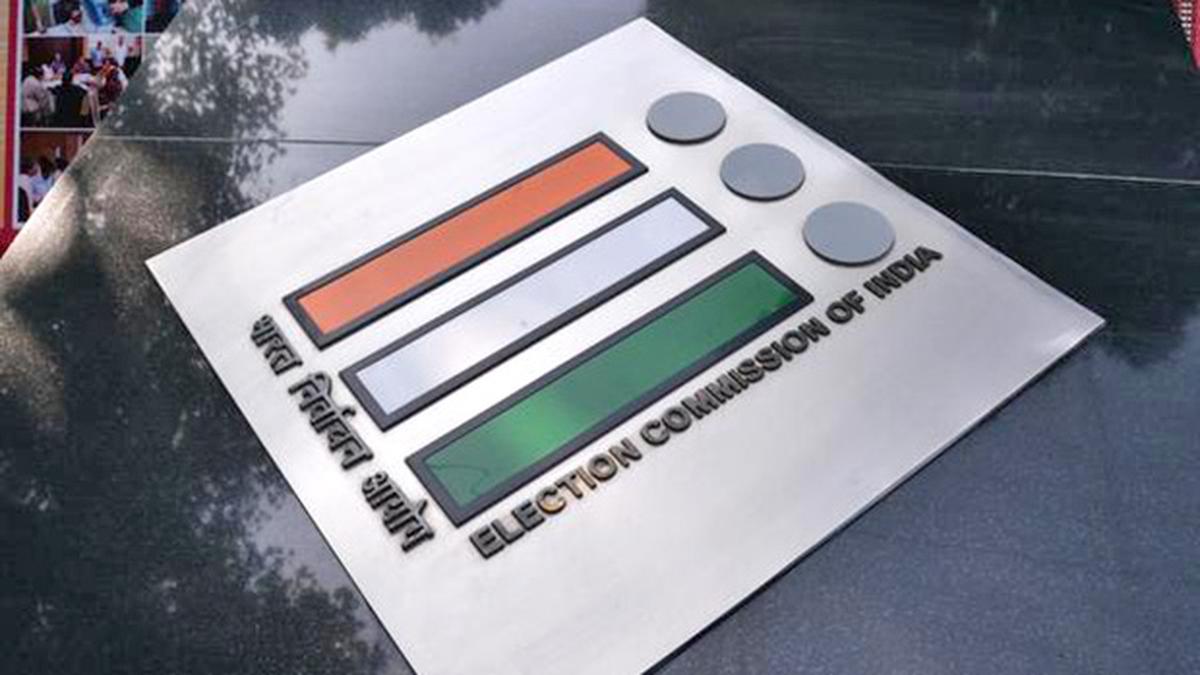
Swift Summary
- The Election Commission of India (ECI) stated that over half the electorate in most States will not need to provide documents due to their inclusion in the electoral rolls from the last Special Intensive Revision (SIR).
- The previous SIR for most States took place between 2002 and 2004,which will act as the cutoff date for this revision.
- State CEOs are instructed to prepare their voter lists based on SIR data. Some states have already published these lists online; e.g., DelhiS last SIR in 2008 and uttarakhand’s in 2006.
- in Bihar, voters listed after its 2003 SIR-60% of total electors-will not require additional documentation accept portions of past electoral rolls. Others must submit one of 12 approved documents.
- A new “declaration form” has been introduced for those seeking enrollment or shifting, requiring proof of birth before July 1, 1987. Additional guidelines apply if born between july 1, 1987 and December 2, 2004.
- Opposition parties criticized timing and raised concerns over disenfranchisement due to lack of documentation among eligible citizens during election preparations in Bihar.
- The Supreme Court directed ECI to ensure no eligible citizen is left out.
Indian Opinion Analysis
The announcement by ECI reflects a important effort aimed at maintaining clean and updated electoral rolls while prioritizing inclusivity through procedural checks such as streamlined requirements for existing voters from previous revisions. However, reliance on past voter lists could pose challenges regarding accuracy if records are outdated or incomplete.
Concerns expressed by opposition parties about disenfranchisement highlight practical issues some citizens might face fulfilling document mandates. This could disproportionately impact marginalized groups lacking access to official identification materials.
Wiht polls looming in key states like Bihar amidst scrutiny from the Supreme Court mandating full inclusion, careful implementation will be critical to balance administrative efficiency with equitable voter access across diverse demographics nationwide.
Read more: The Hindu link


